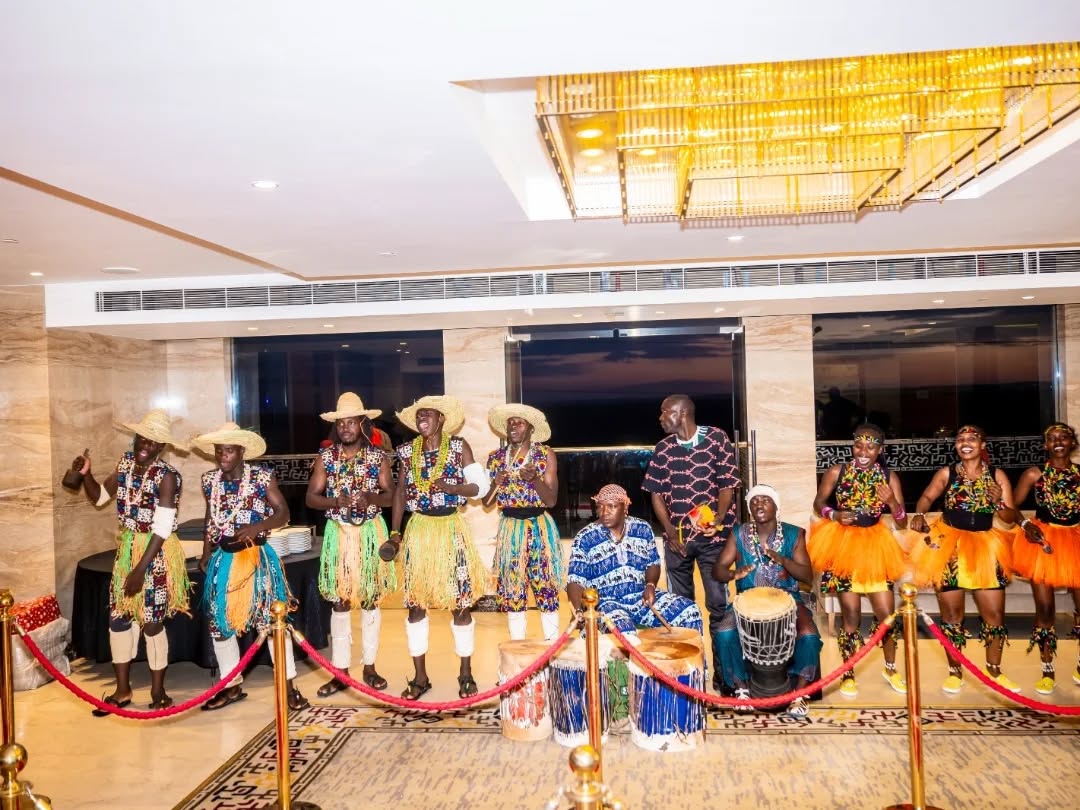
By Njeri Irungu
NAIROBI, Kenya — Amid growing tensions and rising disputes across various sectors in Kenya, Women in Alternative Dispute Resolution (WADR) is calling for the urgent embrace of peaceful and constructive approaches to resolving conflicts. The group warns that failure to do so could jeopardize Kenya’s hard-earned progress in governance, business, and national cohesion.
Speaking on behalf of legal, business, and civil society actors, WADR emphasized that Kenya is at a critical juncture where political, social, and economic stability is not just necessary — it is urgent. The organization expressed concern that increasing disputes, if left unchecked, risk undermining investment confidence, professional integrity, and the growth of local enterprises.
“We must promote a culture of empathy and dialogue. Mediation, conciliation, and reconciliation should take precedence over hostility and adversarial methods,” the statement read.
The group underscored that conflict, when resolved through violence or incitement, becomes a collective loss — for citizens, for businesses, and for the country’s global image. In contrast, embracing alternative dispute resolution (ADR) methods contributes to institutional trust, peaceful coexistence, and socio-economic growth. “When society chooses hostility over dialogue, Kenya loses. But when we sit down to reason and resolve differences, we all rise.”
WADR noted that alternative dispute resolution is not only a tool for peace, but also a gateway to justice. It helps preserve relationships, protect commercial interests, reduce court backlogs, and cultivate a culture of respect and lawful engagement. This is especially critical in a season marked by economic hardship and shifting political dynamics. Kenya, they said, cannot afford to let unresolved disputes spiral into full-blown conflicts.
The organization particularly emphasized the need for a predictable, peaceful, and rules-based environment to support the private sector. Entrepreneurs, investors, and professionals need structured platforms that encourage dialogue before litigation, stronger contractual dispute mechanisms, and grassroots mediation initiatives.
This call to action, WADR stressed, is not just a legal or policy matter — it is a moral imperative and a national duty. Kenya must rise to become a beacon of peace and justice in East Africa and across the continent, not only for its economic strength but for how it resolves conflict and manages dissent.
Kenyans from all walks of life are being urged to actively consider amicable dispute resolution in their day-to-day interactions. They are encouraged to seek out professional mediators and arbitrators — including the pool of trained experts available through Women in ADR — and avoid incitement, inflammatory language, or provocative acts that could erode Kenya’s standing as a regional hub for dispute resolution.
At the same time, WADR encourages citizens to support peacebuilding initiatives in their communities and institutions, and to hold their leaders accountable by demanding respectful dialogue and responsive leadership at all levels.
As the country navigates a complex season, WADR’s message is clear: Kenya must choose wisdom over war, and understanding over upheaval. The path to justice, they affirm, lies not in confrontation, but in constructive, courageous conversation — for the good of the nation and generations to come.







